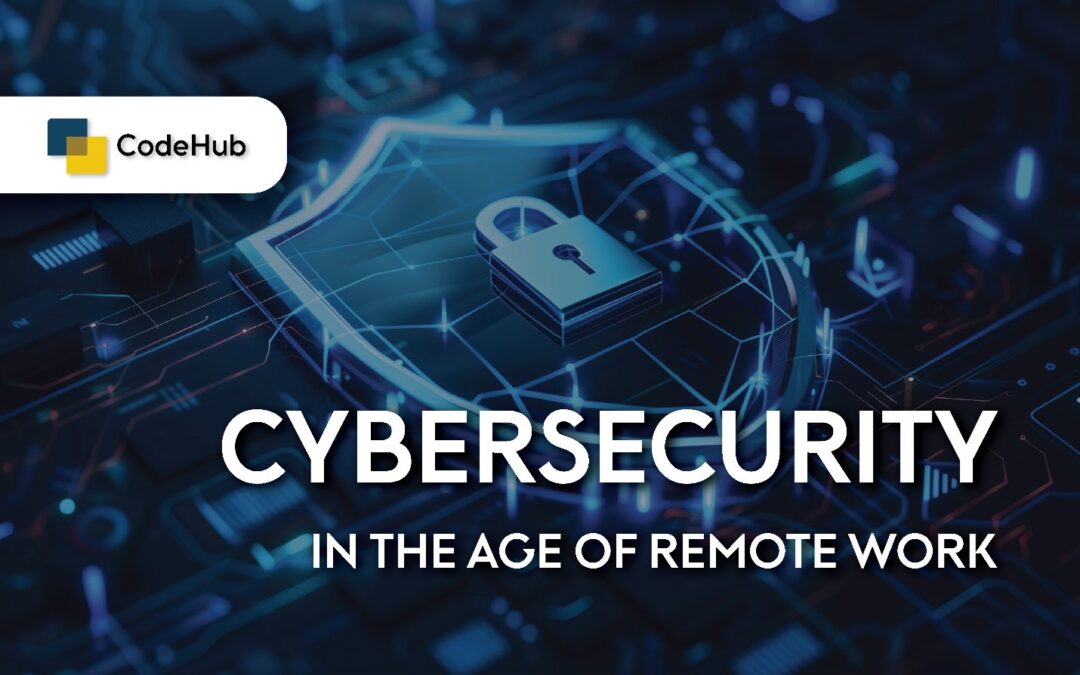The rise of remote work has transformed the modern workplace, offering flexibility and convenience but also introducing new cybersecurity challenges. As employees work from various locations and devices, safeguarding sensitive information becomes increasingly complex and critical.
One major challenge in remote work cybersecurity is securing endpoints. Employees often use personal or less-secure devices to access corporate resources, increasing the risk of data breaches. Implementing robust endpoint protection solutions, such as antivirus software and encryption, is essential for mitigating these risks.
Another crucial aspect is securing network connections. Remote work often relies on home networks, which may lack the security measures of corporate networks. Virtual Private Networks (VPNs) and secure Wi-Fi protocols help ensure that data transmitted between remote workers and company servers remains encrypted and protected.
Additionally, organizations must enforce strong authentication methods. Multi-factor authentication (MFA) adds an extra layer of security, requiring users to provide multiple forms of verification before gaining access to systems. This significantly reduces the risk of unauthorized access, even if login credentials are compromised.
Employee training is also vital in the remote work landscape. Regular cybersecurity training can help employees recognize phishing attempts, avoid malicious downloads, and follow best practices for data protection.
As remote work continues to evolve, maintaining a proactive and comprehensive cybersecurity strategy is essential to protect sensitive information and ensure the integrity of corporate systems.

